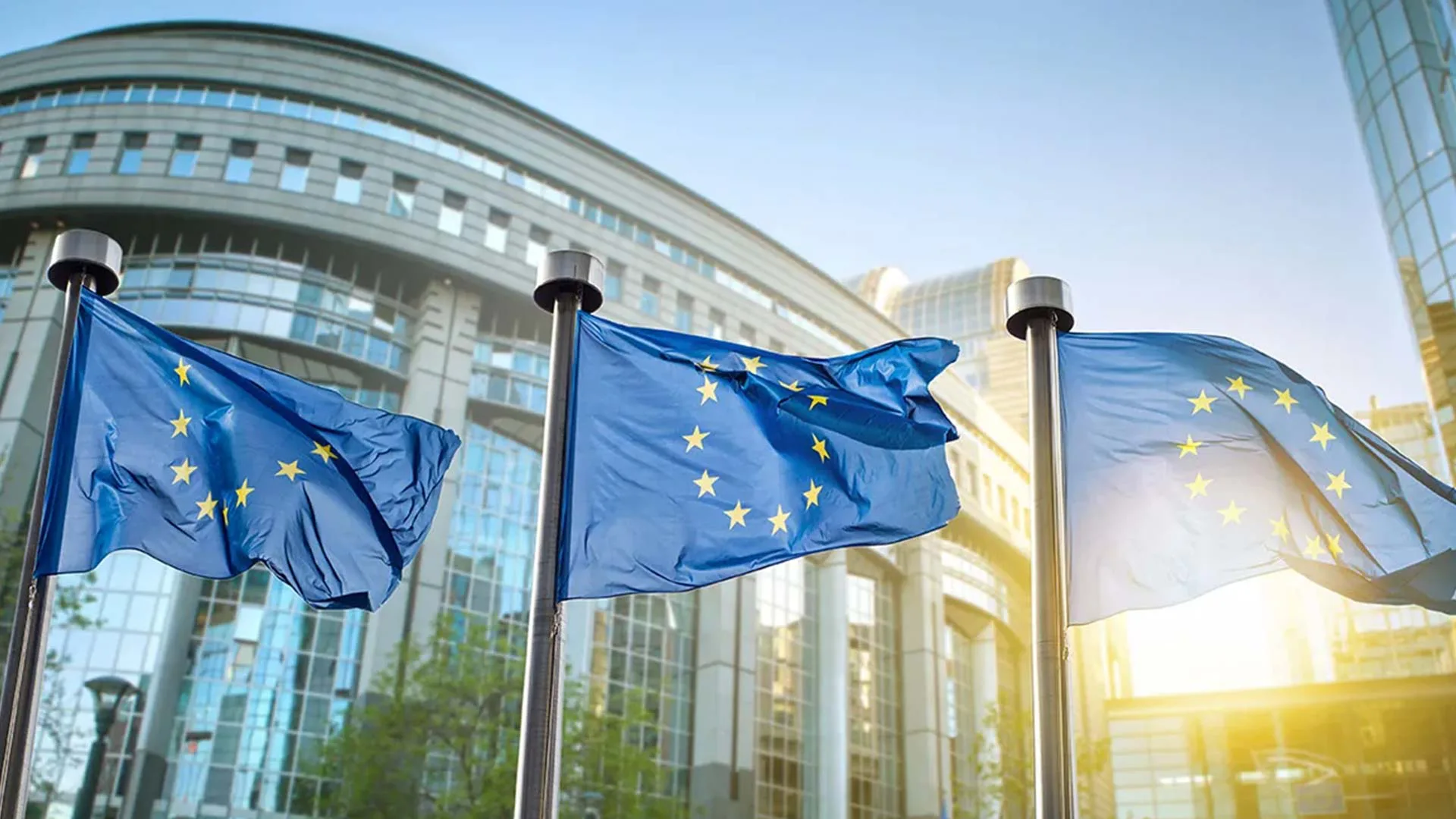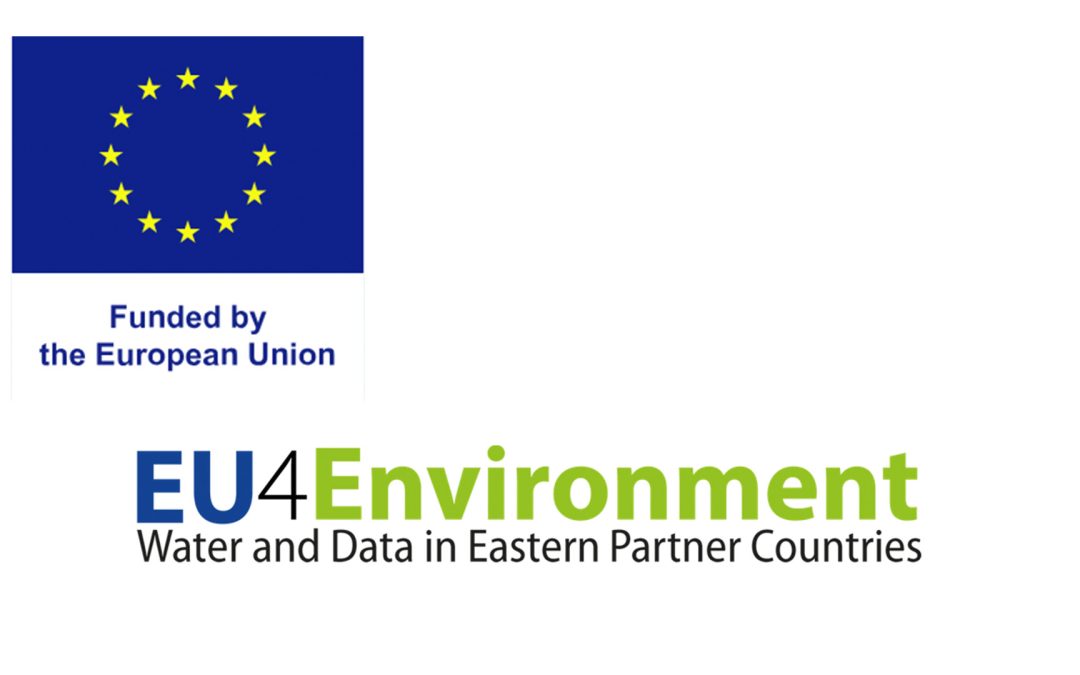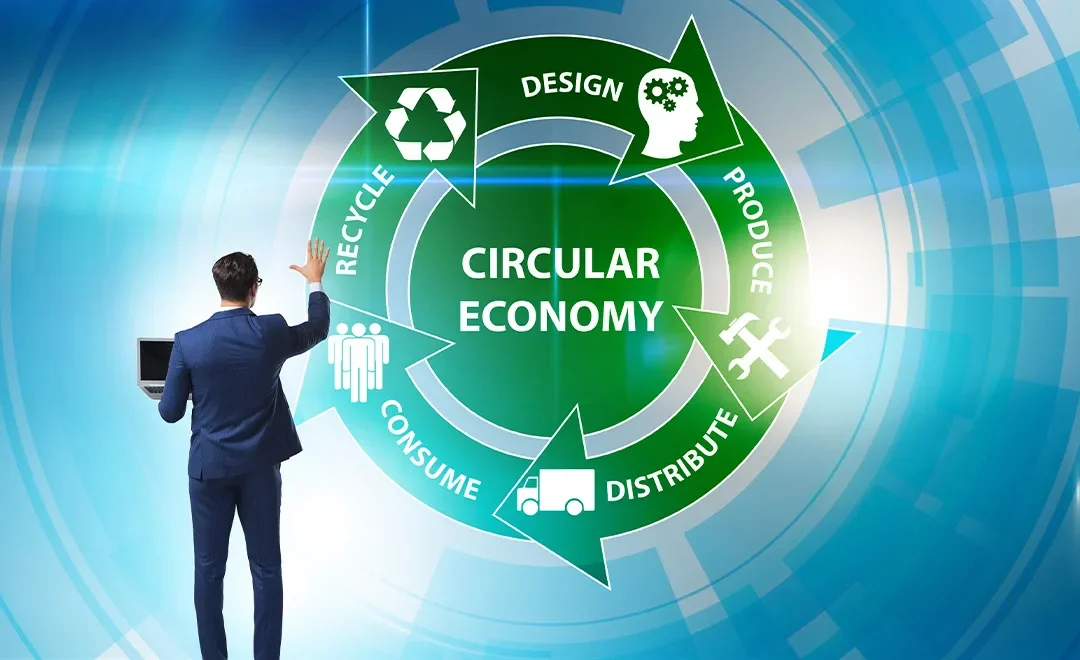 The European Commission unveils new policy recommendations, targeting an upsurge in the recycling and reuse of small electronic waste across Member States. Amidst a backdrop of 700 million unused phones in the EU.
The European Commission unveils new policy recommendations, targeting an upsurge in the recycling and reuse of small electronic waste across Member States. Amidst a backdrop of 700 million unused phones in the EU.
Tackling the multifaceted challenges of electronic waste (e-waste), the European Commission introduced a comprehensive suite of policy recommendations on October 6th, crafted to expand the recycling and reuse of small electronic devices like mobile phones, tablets, and laptops across its Member States.
With low collection rate of under 5% and approximately 700 million unused mobile phones dispersed across European households, the dormant potential and imminent risk associated with e-waste have catapulted to the forefront of policy discussions. Each device, a mini-warehouse of critical raw materials such as cobalt, indium, and assorted precious metals, represents both an ecological predicament and a squandered resource.
Virginijus Sinkevi?ius, Commissioner for Environment, Oceans and Fisheries, emphasized the dual challenge and opportunity presented by e-waste. “We are simultaneously staring at an environmental threat and a reservoir of underutilized resources,” he elucidated. “These recommendations represent a targeted initiative to mitigate the e-waste challenge while advancing the EU towards a more resilient and circular economy.”
The unveiled strategies are multi-pronged, spanning the spectrum from consumer incentives to logistical facilitation. Financial incentives such as discounts and deposit-return schemes are projected to stimulate consumer participation, while increased logistical support, such as the use of postal services for device return and enhanced visibility and accessibility of collection points, aims to simplify the recycling process for individuals.
In a nod to the increasing concerns about data security, the Commission has underscored the imperativeness of secure data management and deletion during the disposal and recycling processes, thereby safeguarding consumers from potential data breaches.
However, the Commission’s recommendations go beyond policy advice, serving instead as a fervent appeal to Member States to incite change, embodying a coordinated effort to elevate the collection rate of small electronic devices, facilitate their reuse, and maximize the recovery of invaluable materials. The integration of these strategies is pivotal for nurturing the growth of the circular economy and safeguarding the supply of critical raw materials within the EU.
Member States now find themselves at a critical inflection point, navigating through the nuanced landscape of e-waste management and material recovery, with the forthcoming actions promising to shape the future of resource management and environmental sustainability within the EU.




















